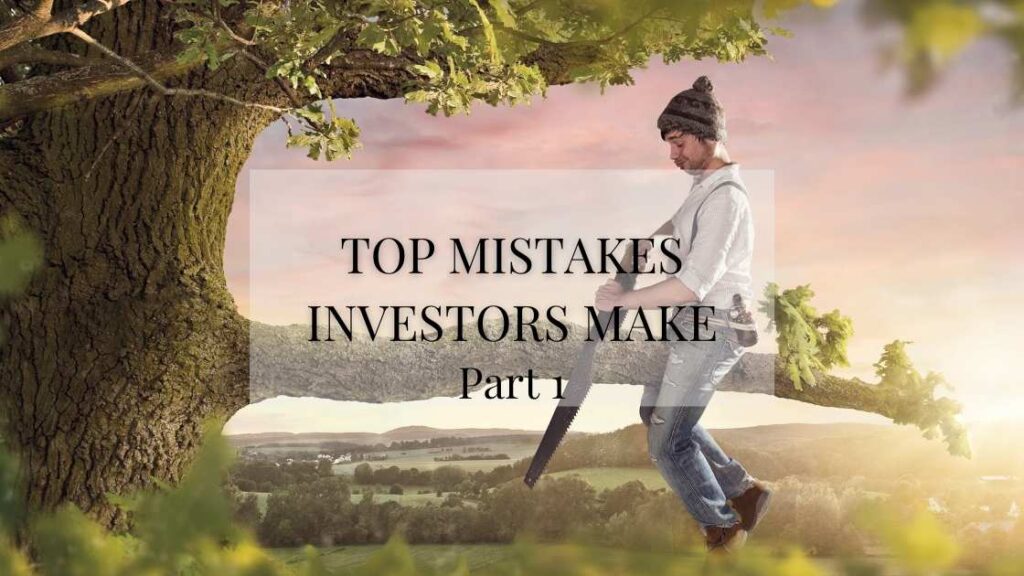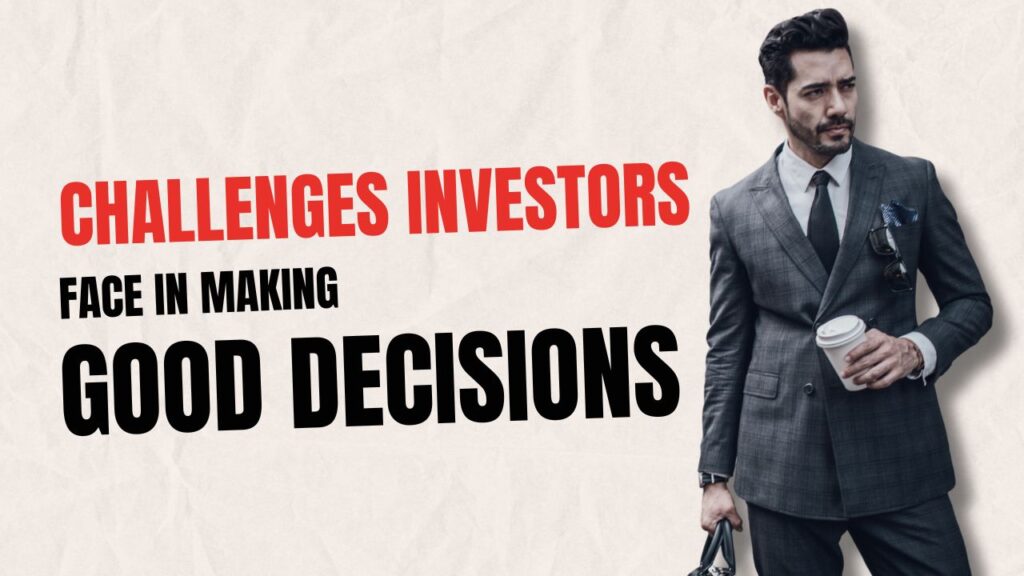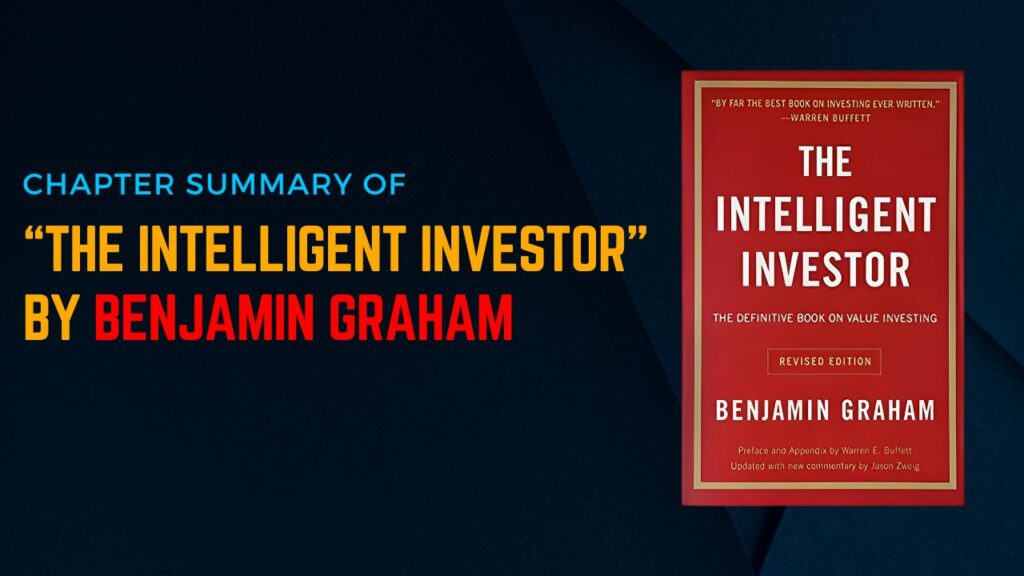Author
Not having a clear investment objective: Your WHY.
When the reason and purpose of your investment actions are not crystal clear to you at all times, your decisions become compromised. Irrelevant factors can affect your outlook. As the wise say “obstacles are things you see when you look away from your goal”. What do we mean by clear objective? Good examples would be to fund your retirement years, or your children’s education, or a dream vacation, or a charity that means a lot to you. When this future vision is solidified, backed up by a very real need, one then has a good yardstick to judge what is right and what is not when it comes to our priorities and our portfolios.
Not deciding on a well-thought-through plan of action.
The wise say, “plan then plan your work, then work your plan” because “when you fail to plan, you plan to fail”. Once your goal is clear, one has to decide which path is suitable for us to attain that goal. This is because there are often many ways to achieve the same result, but each road has its own nuances and requirements. When we think about investing, for some they like to “buy and hold forever”, whereas others may prefer a more active approach, re-aligning a majority of their portfolio every two to three years. Then there is the question of asset classes in the portfolio – such as equities, bonds and real estate. Each class has its own features that we may prefer over others. Whatever our plan of action is, it must be able to stand the test of time i.e. we don’t second-guess ourselves when circumstances change as they often do.
Not knowing yourself – your personality, your appetite for risk/volatility.
Every investor is unique. We all have our own individual likes, dislikes and triggers. It is essential for us to know what these preferences and triggers are for us. For example, one may have a very caring personality, but if you can’t stand the sight of blood, you can’t be a doctor. Similarly, in investing, if the day to day price fluctuations affect your mood or sense of worth, then you must keep that in mind and choose assets that are relatively stable in price, even if that means the returns may not be that high. On the other hand, some investors are perfectly fine, and even love the ups and downs of the market, because they know that ultimately those will yield higher returns for them. And finally there are some who do their math, invest and then forget about the market. They are in it for the long haul and buy good assets at reasonable prices. So which type of investor are you?




